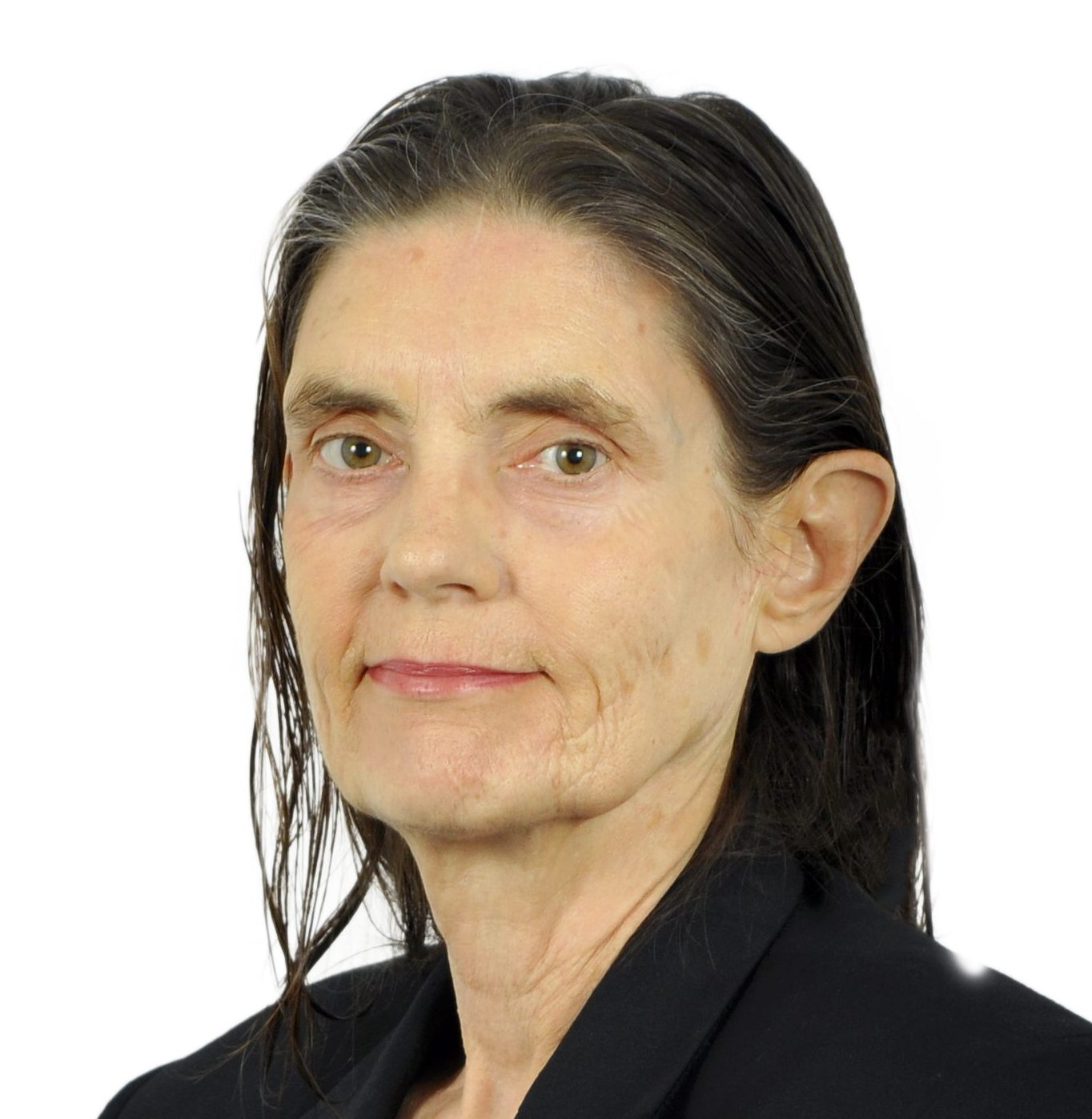S&P Global Offerings
Featured Topics
Featured Products
Events
S&P Global Offerings
Featured Topics
Featured Products
Events
S&P Global Offerings
Featured Topics
Featured Products
Events
Solutions
Capabilities
Delivery Platforms
News & Research
Our Methodology
Methodology & Participation
Reference Tools
Featured Events
S&P Global
S&P Global Offerings
S&P Global
Research & Insights
Solutions
Capabilities
Delivery Platforms
News & Research
Our Methodology
Methodology & Participation
Reference Tools
Featured Events
S&P Global
S&P Global Offerings
S&P Global
Research & Insights
S&P Global Offerings
Featured Topics
Featured Products
Events
Support
09 Nov 2023 | 10:13 UTC
Highlights
About 70 employees in Dubai
'No one has excess gas," CEO Brikho
Fertilizer producer EuroChem Group, which moved some of its trading team to Dubai in October 2022, recently considered setting up production plants in the Middle East to take advantage of local natural gas production, its chief executive said.
"Now that we are here, we are thinking of things that we didn't think about before," CEO Samir Brikho said in an interview from his Dubai office Nov. 6. "What is stopping us from putting a production plant here? As we get closer to this region, do we entertain discussions with many of these countries? Yes, especially if they have excess gas which is a key part of the fertilizer production process. But at the moment, no one has excess gas."
EuroChem opened its second trading office in Dubai with the first being in Zug, Switzerland, after a few European banks declined to continue to do business with the company because of its historical connections with Russia and sanctions imposed since Russia's invasion of Ukraine. There are now about 70 employees in Dubai.
EuroChem's fertilizer production was about 13 million mt in 2022, down about 6% on the year, due to the knock-on effects of self-sanctioning by some European countries, Baltic states and financial institutions. But EuroChem is not under sanctions and the EU in May reaffirmed that the fertilizer industry should be exempted from sanctions and supply chain disruption, which is also supported by the US, the EU and the UK. EuroChem's Russian operations currently get gas under long-term contracts and its European plants partially source feedstock materials from Russia for fertilizer products.
"The best thing to do is have production close to your source of raw materials, to avoid high logistic costs you need to be close to the source," Brikho said.
EuroChem's production this year is behind plan but recovering and will probably be just ahead of 2022 output of 13 million mt, Brikho said. The company also trades fertilizers produced by other companies, some with operations in the Middle East.
Production that had been halted in Belgium, removing 2.2 million mt/year of capacity because of supply chain issues caused by the war in the Ukraine, is now coming back. "Intensive negotiations" are underway to restart a processing plant in Lifosa, Lithuania to resume nitrogen phosphates deliveries to its global customers, he said.
EuroChem is also trying to reopen a terminal in Estonia that was used to send 1 million mt/year of feedstock into Europe, including the Belgium plant, he said. Some EU nations have put in place sanctions compliance audits by independently accredited EU auditors, he said. "It's getting better since May. First because when they see other member states are assured nothing is wrong, they (other countries) get more relaxed. But we need not underestimate the emotional feelings about this."
Brikho says EuroChem has ambitions to grow, but had to put talks on hold to expand its operations in countries including the UK, Austria, the US, Indonesia, Malaysia and other parts of Asia because of geopolitical conflicts. Brikho, who wants EuroChem to be "truly global," has a history of deal-making including selling nine companies and buying 27 companies over 11 years to 2016 while he served as CEO of Amec Foster Wheeler.
India, China, Brazil and the US are the biggest markets for EuroChem sales, with demand climbing 5% to 10% a year, in some cases to build up stockpiles of fertilizers because of their strategic importance for food production, he said.
The Middle East is one of the fastest-growing markets for water-soluble fertilizers used in greenhouses and vertical farming with demand climbing 10% a year, he said. The same pipes used to send water to indoor farms can also be used for the fertilizers. EuroChem is targeting increased sales in the UAE, Egypt, Jordan, Saudi Arabia, Morocco, Ethiopia and Kenya. "We are not in that business big time but we do intend to be one of the top 10 soon," Brikho said.
In Africa, where EuroChem fertilizer sales make up 3% of the total, demand is less than normal because of last year's high fertilizer prices and the impact of drought, he said. But because of Africa's importance to food security, it is "still an important market for us," he said.
Gain access to exclusive research, events and more

